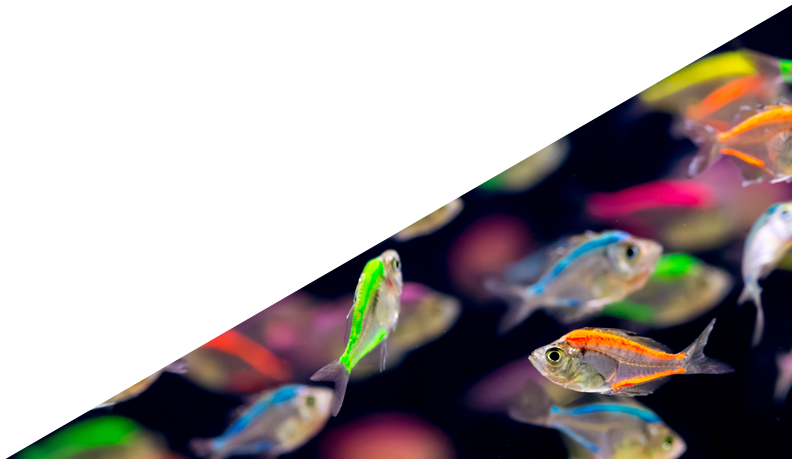Edit Filters
310 Results
Build Adaptive Capacity
How I prioritize my time is a consistent concern for me. It relates to my work, civic engagement and volunteerism, relationships, and to how I take care of myself. When I say, “I’m sorry, I wish I could do XYZ, but I can’t,” there is a voice in my head that tells me, “If you really wanted to, you could. You just have to prioritize it.” This blog isn’t about why I feel this way. Anne Helen Peterson nailed it when she wrote about burnout. This blog is about how I tried (and botched) using Human Systems Dynamics to optimize my time. In that process, however, I gained insight that gives me the energy to move forward.
Business & IndustryManage Strategic Change
In this week's HSD blog, Glenda Eoyang talks about purpose, change, and the complex interactions that contribute to organizational evolution.
PhilanthropyPlan in Uncertainty
You don't just have a story - you're a story in the making, and you never know what the next chapter's going to be. That's what makes it exciting.
Dan Millman
The CDE Model explains the three system conditions that influence the speed, path, and direction of self-organizing systems. The conditions shape the patterns that make up the reality of your world.
Plan in Uncertainty
Systems experience different types of change, and each requires its own approaches for support and leadership. The Three Kinds of Change model and method offers a description of the three ways systems experience change. It helps you understand the type of change you experience so that you can plot the best fit system-wide response.
Health CareBuild Adaptive Capacity
It all began at Authentic Leadership in Action, 2009. Glenda Eoyang and Wendy Morris were leading a module using human systems dynamics principles to help people lead in complexity.
Fear loves stories; it thrives on them. The more fearful the stories you can tell, the more your fears grow. Stories expand your fear, and they distract you from the feeling, disconnecting the thought about the story from the emotion it triggers. You tell yourself this discomfort you’re feeling has nothing to do with the fear you are experiencing, as long as you tell the right stories. I have many stories around my fear of water. I tell myself it's not really fear, because I know how to float and can move myself with basic strokes. But the truth is, even if I'm maneuvering in water, I'm experiencing stress. I'm not able to relax in the water. I feel fear.
Join a global network of learning about HSD!
As a member of the network, you will receive weekly notices of events, opportunities, and links to blogs and other learning opportunities. Additionally, you will have the option to unsubscribe at any point, should you decide to do so.


